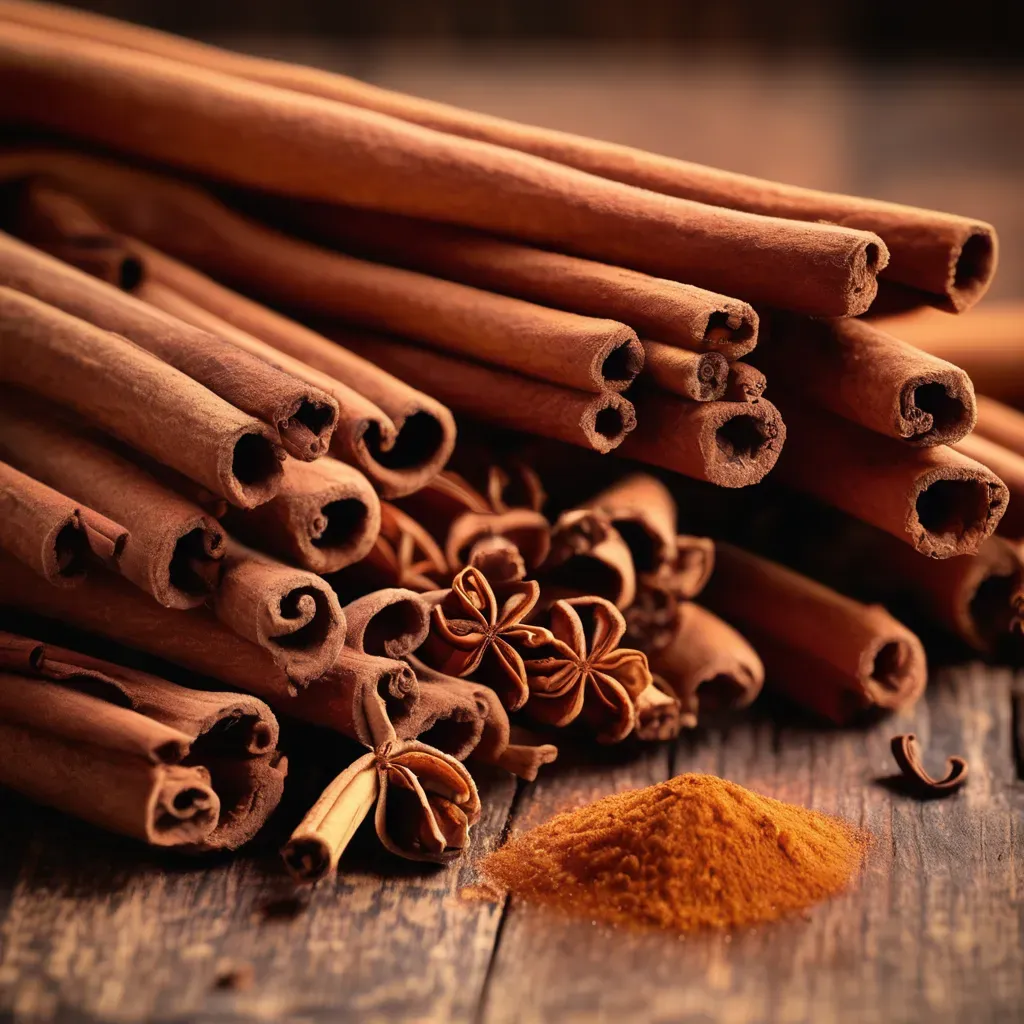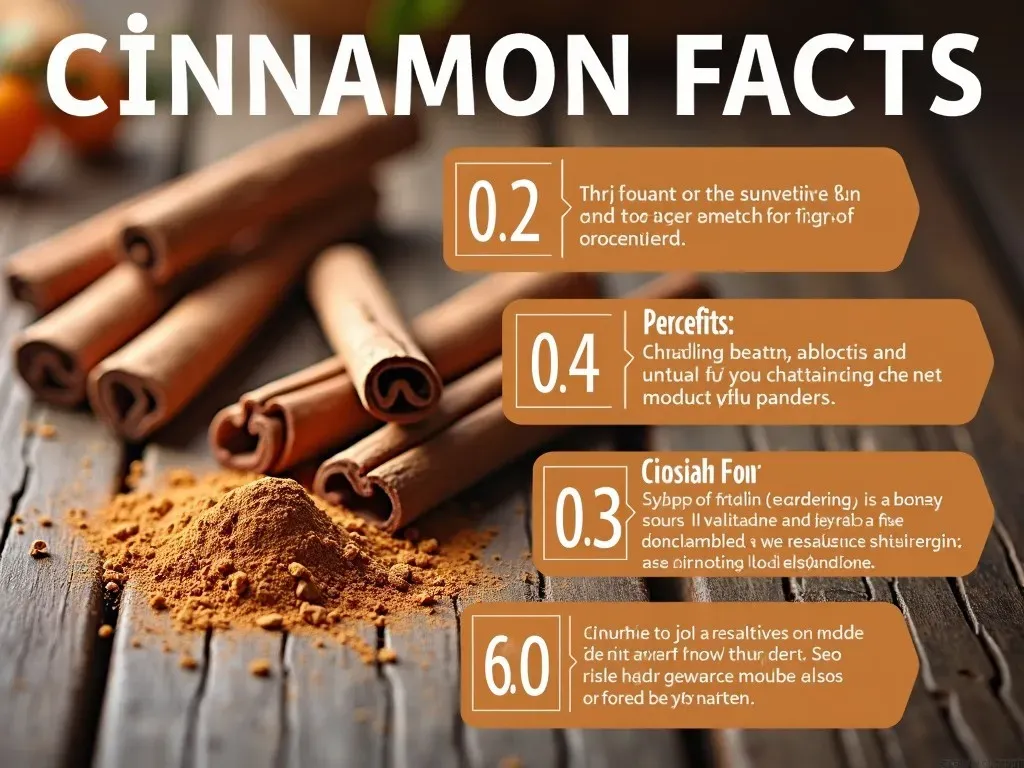Keyword: can cinnamon cause a miscarriage
Cinnamon, a beloved spice known for its aromatic flavor and culinary versatility, has sparked concern among expecting mOthers regarding its safety during pregnancy. This article aims to address the critical question: can cinnamon cause a miscarriage?
Understanding Cinnamon and Its Types
Cinnamon comes primarily from two types of trees: Ceylon cinnamon (also known as “true cinnamon”) and Cassia cinnamon. Each type has different flavor profiles and chemical compositions. Cassia cinnamon, commonly found in grocery stores, contains higher levels of coumarin, a compound that may pose health risks in large quantities. While consuming cinnamon in culinary amounts is generally regarded as safe, understanding its compounds is essential for pregnant women.
Key Differences Between Ceylon and Cassia Cinnamon
| Type of Cinnamon | Coumarin Content | Flavor Profile | Availability |
|---|---|---|---|
| Ceylon | Low | Mild, sweet, and complex | Less common |
| Cassia | High | Spicy and bold | Widely available |

Can Cinnamon Cause Miscarriage in Early Pregnancy?
The concern that cinnamon could induce a miscarriage stems from its properties and the potential for excessive consumption. While low doses of cinnamon sprinkled on food are generally considered safe, significant amounts of Cassia cinnamon could lead to health issues:
- Liver Damage: High levels of coumarin can cause liver complications.
- Gastrointestinal Issues: Excessive consumption may lead to digestive problems.
- Excessive Bleeding: The spice has blood-thinning properties which can complicate pregnancy.
In early pregnancy, the body undergoes numerous changes, making it more sensitive to certain substances. Scientific studies have not conclusively proven that cinnamon directly causes miscarriage; however, excessive intake may lead to situations that create higher risks.
Hfacts and Figures on Cinnamon Consumption during Pregnancy
- Recommended Daily Amount of Cinnamon: Approx. 1 teaspoon (2-4 grams)
-
Potential Risks of Excessive Intake:
- Liver issues: Toxicity at doses above 12 grams/day
- Increased bleeding: Related to anticoagulant properties

Reference Video
Traditional Beliefs vs. Scientific Evidence
Across various cultures, there have been traditional beliefs associating cinnamon with abortion or miscarriage induction. However, scientific inquiries have debunked these myths. For example, studies indicate that moderate cinnamon consumption does not induce labor or miscarriage.
Conclusion on Myths Surrounding Cinnamon
- Myth: Cinnamon directly causes miscarriage.
- Fact: Moderate amounts in food are safe; high doses may pose risks.
Reference: Explore more about cinnamon’s safety during pregnancy on credible health websites like Healthline.
Cinnamon Consumption During Pregnancy
Safe Ways to Include Cinnamon:
- Use in Moderation: Sprinkle a small amount on oatmeal, cereals, or baked goods.
- Opt for Ceylon Cinnamon: While purchasing, choose Ceylon over Cassia to limit coumarin intake.
- Consult Your Doctor: Always discuss dietary concerns with a healthcare professional, especially during pregnancy.

Frequently Asked Questions (FAQ)
1. Is cinnamon safe for pregnant women?
Answer: Consumed in moderation (1 teaspoon or less), cinnamon is generally safe during pregnancy.
2. Are there any specific benefits of cinnamon during pregnancy?
Answer: Cinnamon has anti-inflammatory properties and may help control blood sugar levels, improving overall health.
3. What is the maximum amount of cinnamon I can consume?
Answer: Most guidelines suggest staying below 4 grams per day (approx. 2 teaspoons), particularly for Cassia cinnamon.
4. What should I do if I suspect consuming too much cinnamon?
Answer: If you suspect excessive intake, consult your healthcare provider to assess any potential risks to your pregnancy.
5. Can cinnamon supplements harm pregnancy?
Answer: Cinnamon Supplements may contain high concentrations of coumarin which could be harmful during pregnancy. Always prioritize food sources over supplements.
Conclusion
In summary, can cinnamon cause a miscarriage? The consensus leans towards no, provided it is consumed in reasonable amounts. Expecting mothers should continue enjoying cinnamon but remain mindful of their intake, particularly focusing on type and quantity. For detailed information on pregnancy safety regarding cinnamon, visit Pregged.

Through an informed approach, pregnant women can safely navigate their diets while enjoying the benefits of spices like cinnamon. Always prioritize safety by consulting healthcare providers regarding dietary choices during this crucial time.
